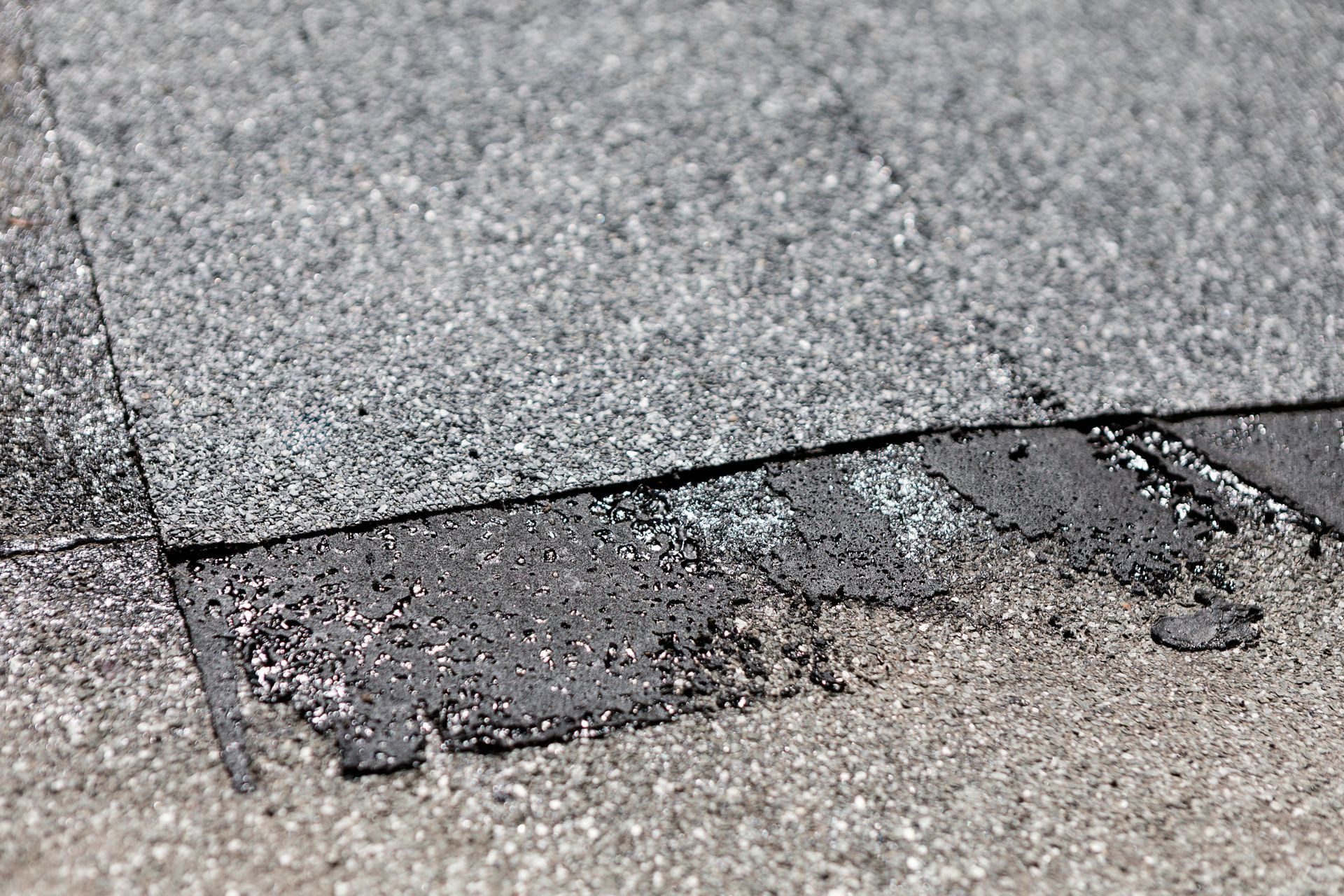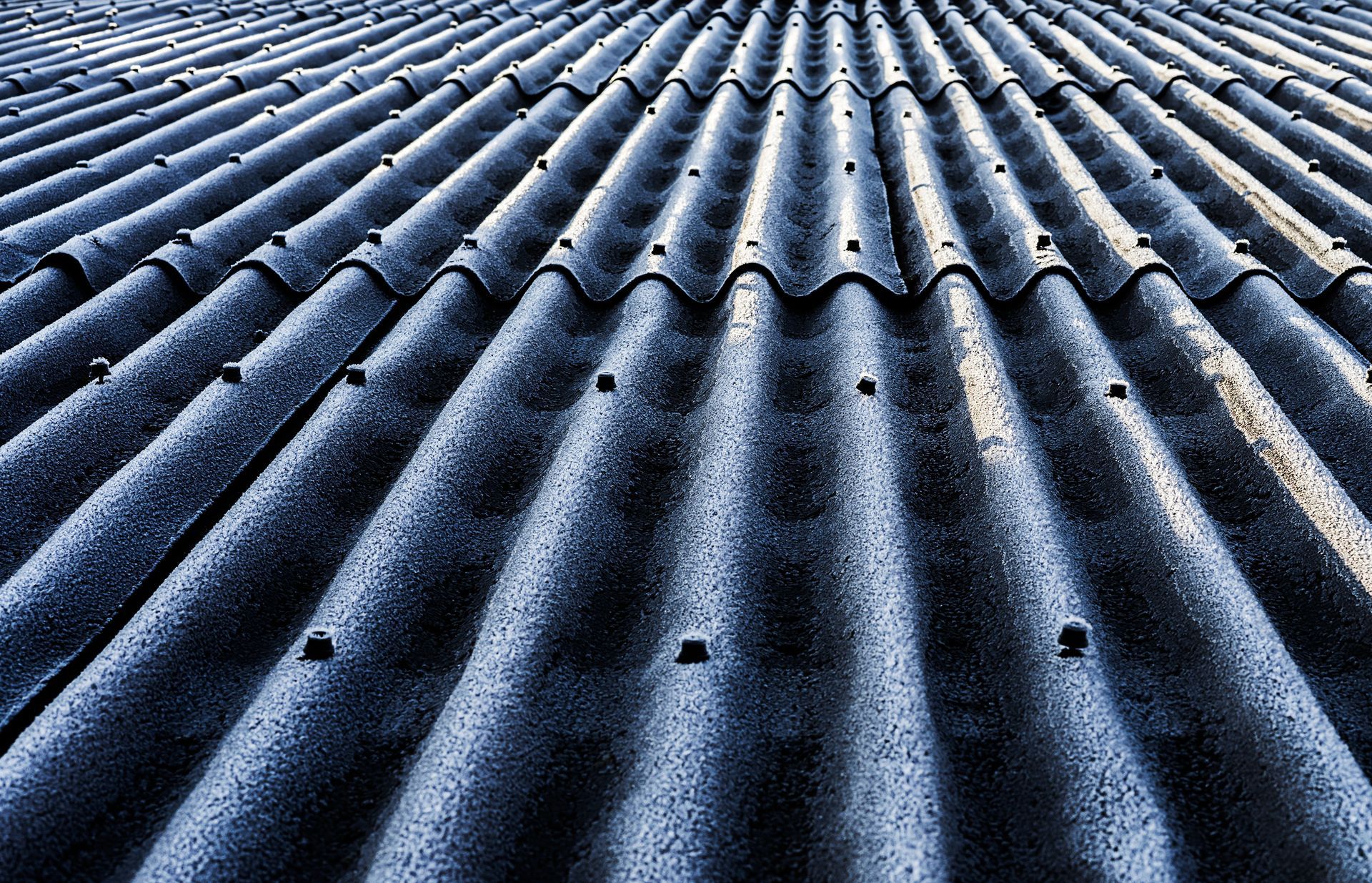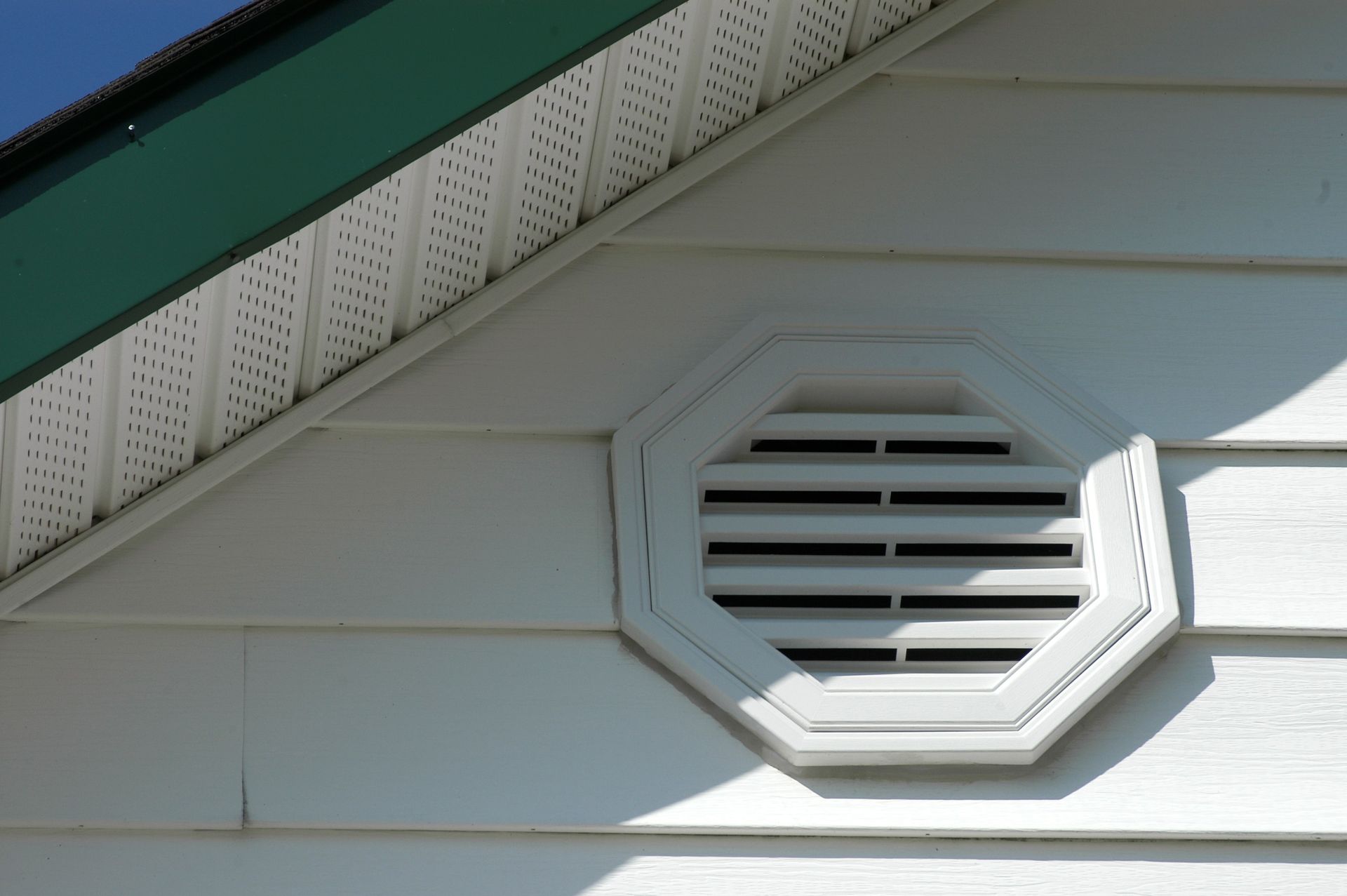Storm Damage or Normal Wear? How to Tell After a Windy Seattle Night

When a Pacific Northwest storm rolls through, it can leave homeowners wondering what shape their roof is really in. Between heavy rain, powerful gusts and the occasional fallen branch, Seattle’s weather puts constant pressure on roofing systems year-round.
After a windy night, it’s smart to check for signs of damage, but not every scuff, loose shingle or discoloration means your roof has suffered a storm-related issue. Knowing the difference between genuine storm damage and normal wear can help you decide whether you need immediate repairs, a full inspection or just routine maintenance.
How Storm Damage Happens
Seattle’s windstorms and rain events can impact roofs in several ways. High winds lift and bend shingles, especially if they are already brittle or weakened. Flying debris can strike the roof surface, dislodging granules or flashing.
Continuous rainfall can also force water under flashing or into small gaps, especially if the roof’s underlayment is aging. Unlike gradual wear, storm damage tends to happen suddenly and unevenly. You may notice only one section of the roof affected while other areas remain perfectly intact.
Signs of Genuine Storm Damage
After a stormy night, take a walk around your property and look for red flags that suggest your roof has sustained actual storm-related damage.
Missing or Lifted Shingles
If wind gusts were strong enough to pull shingles off completely, the exposed areas are now vulnerable to leaks. Lifted shingles that have not blown away yet may appear misaligned or curled upward at the edges.
Creased or Cracked Shingles
Wind pressure can cause shingles to bend back on themselves, leaving visible creases. These may not leak right away but weaken the roof’s ability to shed water over time.
Impact Marks or Punctures
Hail, branches or flying debris can create small dents, punctures or bruising on asphalt or metal roofing. Even if the damage looks minor, water intrusion can begin underneath.
Granule Loss
Look for bare patches or a high concentration of granules in gutters or at the base of downspouts. A sudden, uneven loss of granules after one storm often points to wind or impact damage, not aging.
Dented Flashing or Vents
Wind-blown debris can strike roof accessories, leaving dents or loosening their seals. Damaged flashing is one of the most common sources of slow leaks after a storm.
Water Spots in the Attic or Ceiling
If you notice new stains, musty odors or damp insulation shortly after high winds or heavy rain, it is a sign that storm-driven moisture found its way inside.
Signs of Normal Wear and Aging
Not every imperfection on your roof is cause for concern. Over time, exposure to Seattle’s wet climate, temperature swings and UV rays naturally cause visible aging. Some signs of regular wear include:
- Minor color fading or discoloration from sunlight and rain exposure
- Even, gradual granule loss across the entire roof surface
- Slight curling or brittleness on older shingles due to years of heat and moisture cycles
- Small cracks or sealant wear around vents and flashing that can be resealed easily
- Dark streaks or algae growth from constant moisture, particularly in shaded areas
These issues may not require immediate repair, but they do indicate that your roof is aging and should be monitored more closely. Regular maintenance and cleaning can help extend its lifespan.
How to Check Safely After a Windstorm
It can be tempting to climb up and take a closer look after a big storm, but it is best to avoid walking on your roof, especially after a storm when surfaces may be slippery or unstable. Instead, use binoculars from the ground or call a roofer to check:
- Roof edges and ridges, where wind damage often starts
- Valleys and flashing, which collect debris and water
- Gutters and downspouts, for signs of granules or shingle fragments
- The attic, for signs of dampness or light coming through the decking
If anything looks questionable or unsafe, schedule a professional inspection. Roofing experts have the right equipment and training to assess damage without causing additional harm to the surface.
Restore Your Peace of Mind With Our Roofing Services in Seattle and the Puget Sound Area
If a recent windstorm has you questioning the condition of your roof, let the experts at Chet’s Roofing & Construction give you clear answers. Our experienced Seattle roofing team provides thorough inspections, honest assessments and high-quality repairs designed to last.
Call us at (877) 611-1514 to schedule your post-storm inspection and protect your home before the next Seattle windstorm arrives.



